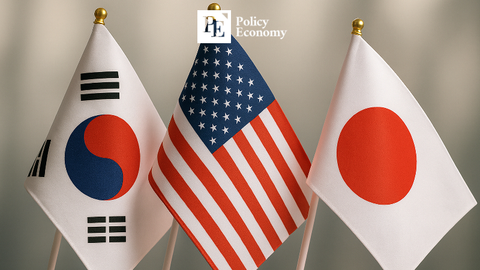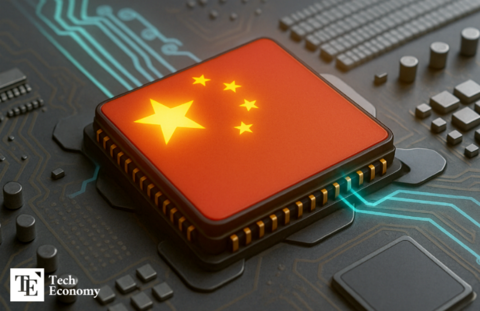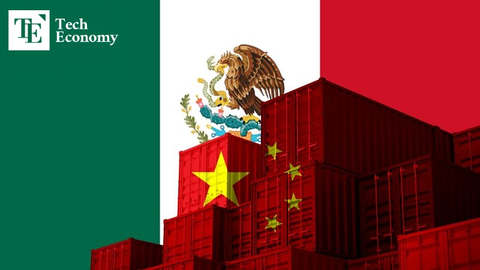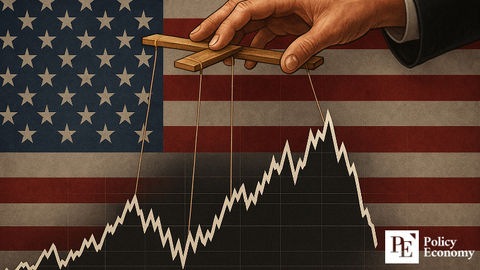The Empowerment of Putin and the Undermining of NATO: Donald Trump's Betrayal of Ukraine
Input
Changed
Former U.S. President Donald Trump's recent actions on Ukraine have strengthened Russian President Vladimir Putin and severely undermined NATO allies, sending shockwaves through the international world. Trump has yanked the rug out from under Europe and reshaped the geopolitical balance by acknowledging Russian authority over Ukrainian areas, indicating a hesitancy to back Ukraine's NATO aspirations, and starting unilateral talks with Russia.
In the midst of Ukraine's ongoing struggle against Russian aggression, Trump's policies have caused anxiety among NATO members and Western partners. His decision to engage in unilateral diplomacy with Russia has caused European countries to doubt America's commitment to preserving their system of collective security and its future.
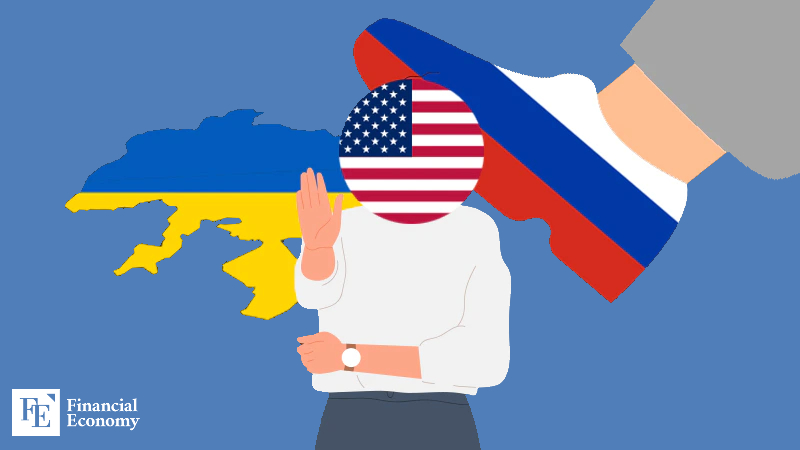
Trump's Undermining of NATO and Ukraine
Ukraine is in a vulnerable situation as a result of Trump's recent foreign policy actions. In sharp contrast to earlier U.S. assistance for Ukraine, Trump has minimized Kyiv's prospects of joining NATO, which is a crucial security goal for the war-torn country. Trump has virtually abandoned Ukraine in its existential conflict with Russia by refusing to grant it membership and by making no substantive security promises.
His actions are seen as giving Russia the all-clear to attack, telling Putin that the United States will not thwart Moscow's expansionist plans. Essentially, Trump's change in strategy has given Putin the confidence to carry with his military campaign, knowing that American opposition will be at most minor.
In addition, Trump's retreat has left NATO, an alliance founded on the idea of collective defense, in disarray. After years of relying on the United States for strategic assistance, European friends now face the harsh fact that they can no longer rely on Washington to protect them from Russian aggression. This change puts NATO's cohesiveness in jeopardy and exposes Europe to more instability.
Saudi Arabia as a Host for Secretive Peace Talks
Perhaps most concerning is the Trump team’s decision to engage in peace talks with Russia in Saudi Arabia without involving Ukraine. Senior Trump administration officials, including National Security Adviser Mike Waltz and Secretary of State Marco Rubio, have initiated negotiations with their Russian counterparts without consulting Ukrainian leadership.
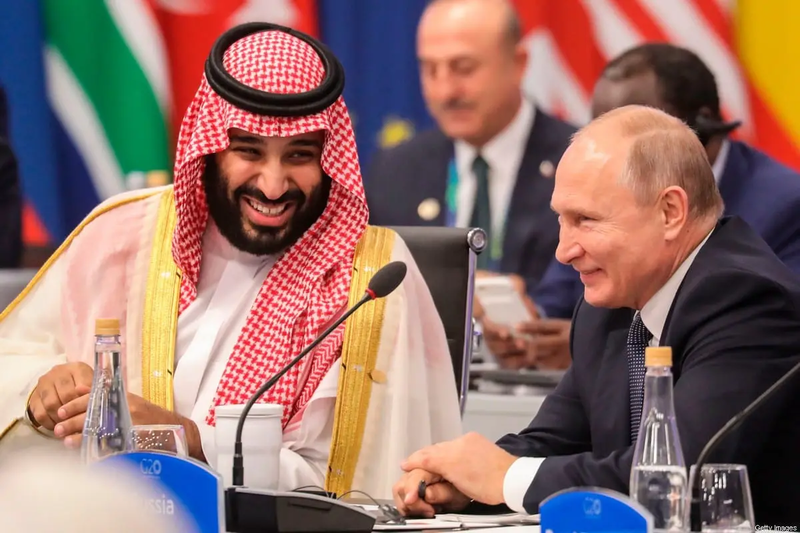
This move raises serious concerns about Ukraine’s sovereignty and the legitimacy of any peace deal that may arise from these discussions. By sidelining Ukraine, Trump has effectively dismissed Kyiv’s agency in negotiations concerning its own territorial integrity.
Equally troubling is the fact that key European powers have also been excluded from these discussions. This has fueled fears among NATO allies that Trump is willing to negotiate a settlement favorable to Russia at the expense of Ukraine and the broader Western alliance. European nations, already on edge over Trump's wavering commitment to NATO, now face the prospect of being cut out of key diplomatic negotiations that directly impact their security.
The concerns of Western leaders have been further exacerbated by Trump's recent phone call with Vladimir Putin. According to reports, Trump engaged in a conversation regarding potential paths to peace during the call. However, numerous analysts suspect that this may be a ruse to secure an agreement that is more in line with Russian interests than Ukrainian sovereignty.
The call, which was instigated by Trump without prior consultation with European allies or Ukraine, represents a substantial change in U.S. foreign policy. Presidents of the United States have historically collaborated with NATO and other Western powers in their interactions with Russia. Nevertheless, Trump's strategy appears to be a unilateral endeavor, as it eschews conventional diplomatic frameworks in favor of clandestine negotiations with Moscow.
This direct line of communication between Trump and Putin has sparked concern among European leaders, who are concerned that any agreement that is negotiated without their involvement could potentially undermine the security architecture that has maintained Russia's stability for decades. Additionally, the potential for Trump to make concessions, such as acknowledging Russian control over occupied Ukrainian territories, could significantly alter the balance of power in Europe.
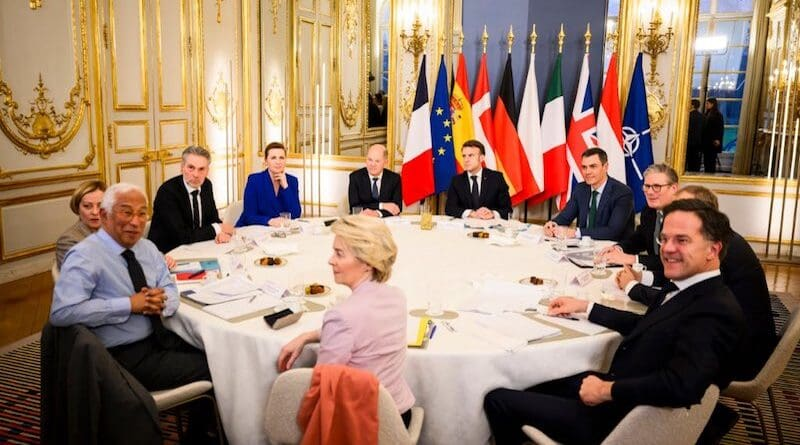
The Consequences of Trump's Actions: Europe on the Verge
Europe is profoundly uneasy as a result of Trump's actions. The United States may no longer be a dependable ally in the face of Russian aggression, a reality that leaders across the continent are currently contending with. European nations have been compelled to contemplate alternative security strategies as a result of the Trump-Putin call and the secretive Saudi peace negotiations, which have only served to exacerbate these concerns.
Germany, France, and the United Kingdom have all expressed apprehension regarding the direction of U.S. foreign policy under Trump. European officials are concerned that Trump's willingness to negotiate directly with Putin without consulting NATO allies indicates a perilous precedent that could render them susceptible to additional Russian intrusion.
Furthermore, Ukraine has expressed its dissatisfaction with the lack of transparency that has surrounded these negotiations. President Volodymyr Zelenskyy has explicitly stated that any peace agreement that excludes Ukrainian participation is untenable. Ukrainian leaders are concerned that Trump may attempt to impose a settlement that would require Ukraine to cede territory in exchange for an armistice. This outcome would be perceived as a significant victory for Putin.
A Significant Moment in the History of Global Diplomacy
The consequences of Trump's actions will extend far beyond Ukraine. He is establishing a new standard in global diplomacy by opting to engage in unilateral negotiations with Russia and disregard traditional alliances. Trump's strategy, if successful, could serve as a source of encouragement for other authoritarian leaders by suggesting that the United States is amenable to sacrificing democratic principles in favor of political expedient.
This is an existential crisis for NATO. The principle of collective security has been the foundation of the alliance's success; however, Trump's decision to bypass European allies in his negotiations with Russia calls into question this principle. NATO is at risk of fragmentation in the absence of U.S. leadership, which would leave Europe vulnerable to additional destabilization.
Conclusion: The Serious Consequences of Trump's Foreign Policy
Donald Trump's betrayal of Ukraine is not merely a regional issue; it is a crisis with global implications. Trump has profoundly altered the geopolitical landscape by engaging in secretive peace talks that exclude Ukraine, sidelining NATO allies, and emboldening Putin.
The world is closely monitoring the unfolding of these developments as Europe attempts to reevaluate its security framework and Ukraine contends for its survival. The repercussions of Trump's continued pursuit of this course of action could be catastrophic, not only for Ukraine but for the entire Western alliance.
It is yet to be determined whether NATO can maintain its unity in the presence of these obstacles, and whether European leaders will be able to counteract Trump's evolving policies. There is no doubt that the future of democracy in Europe and global security are at an all-time high.




